Task is to calculate expression for natural numbers entered.
I know I should calculate binominal coefficient here right?

Also I know that (-1)^p determines whether this array is decrementing or incrementing, but don't know how to use p in my code I am not quite sure how to put it all together, this is what I came up with so far and it is really nothing special as I still can't grasp on the idea of how to write this in program.
public static int calculateExpression(int n, int k,int p) {
if(k<0 || n<k)
{
return 0;
}
// Find factorial of n
int n_fac = 1;
for (int j = 1; j <= n; j++) {
n_fac = n_fac * j;
}
// Find factorial of k
int k_fac = 1;
for(int i = 1; i<=k; i++) {
k_fac = k_fac * i;
}
// Find n-k fac
int n_k = n-k;
int n_k_fac = 1;
for(int l = 1; l<=n_k;l++) {
n_k_fac*=l;
}
// n/k = n!/k!(n-k)!
double resultOf_n_kDivision = n_fac/k_fac*n_k_fa;
System.out.println(resultOf_n_kDivision);
return n_k_fac;
}

